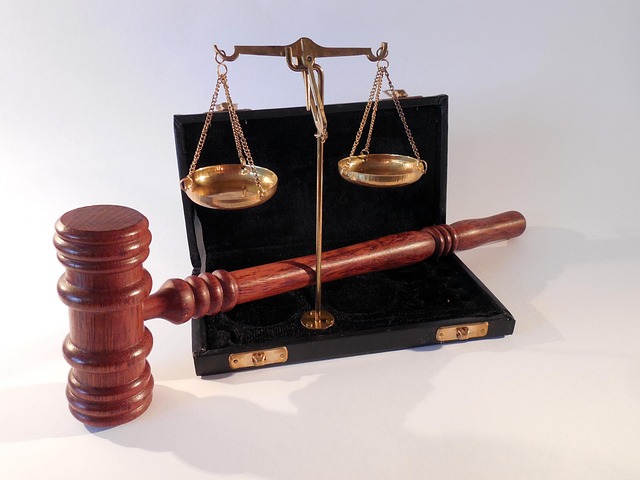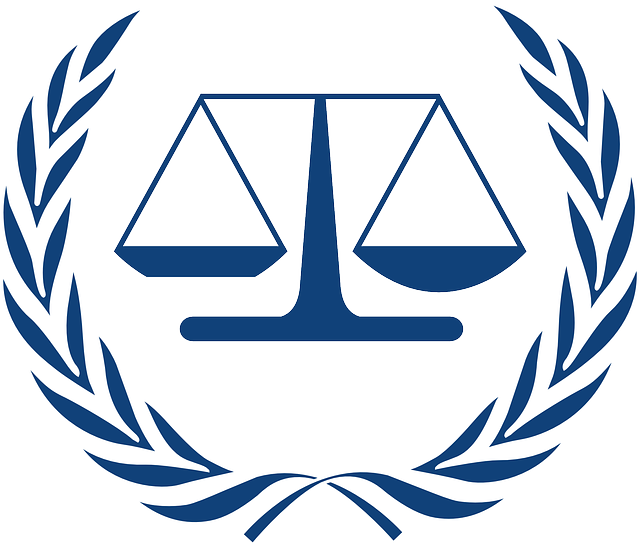Healthcare law firms are essential experts in navigating complex medical legal issues, from regulatory compliance to white-collar defense. While personal injury claims without legal counsel can be challenging, proactive steps like evidence gathering and understanding procedures are crucial for fairness. Self-representation is achievable through organizing evidence, mastering legal processes, and adhering to statutes of limitations; successful outcomes, even with charges dismissed, prove strategic self-representation's value in personal injury cases.
In today’s complex healthcare landscape, understanding your legal rights is crucial. Healthcare Law Firms play a vital role in navigating intricate regulations and advocating for patients’ interests. This article explores their expertise and how they safeguard your rights. We delve into personal injury claims, focusing on strategies for victims seeking compensation without legal representation. From understanding your options to the do’s and don’ts of self-representation, this guide equips you with knowledge, ensuring you make informed decisions regarding your personal injury claim without a lawyer.
- Understanding Healthcare Law Firms: Their Role and Expertise
- Navigating Personal Injury Claims: Rights and Options
- The Process of Filing a Personal Injury Claim Without Legal Representation
- Tips for Success: Representing Yourself in Personal Injury Cases
Understanding Healthcare Law Firms: Their Role and Expertise

Healthcare Law Firms play a pivotal role in navigating complex legal landscapes within the medical industry. Their expertise spans a wide range of areas, including regulatory compliance, insurance disputes, and patient rights. These firms are well-equipped to handle sensitive cases involving medical malpractice, personal injury claims, and even white-collar defense for healthcare professionals. By leveraging their deep knowledge of healthcare policies and laws, they guide clients through intricate legal processes, ensuring fairness and justice.
One area where their services shine is in assisting individuals who have suffered personal injuries without initially retaining a lawyer. These law firms offer specialized support to help clients understand their rights and options, especially when dealing with medical institutions or insurance companies. Their goal is to achieve extraordinary results, advocating for the best possible outcomes for respective business entities and individuals alike.
Navigating Personal Injury Claims: Rights and Options

Navigating Personal injury claims can be a complex and daunting task, especially for those considering representing themselves without legal counsel. Understanding your rights and options is paramount to ensuring a fair outcome. While many people opt to hire a lawyer due to the intricate nature of personal injury law, there are steps you can take to protect yourself even if going it alone.
The first step in any personal injury claim is understanding the all stages of the investigative and enforcement process. This includes gathering evidence, interviewing witnesses, and constructing a compelling argument. Without legal expertise, it’s crucial to be meticulous in your approach, documenting every detail related to the incident, from medical records to police reports. While avoiding indictment may seem like a distant concern for those pursuing a claim without a lawyer, a thorough understanding of your rights and procedural steps can significantly lower this risk. Additionally, knowing how to navigate the legal system might just lead to a complete dismissal of all charges if the evidence doesn’t support the opposing party’s claims.
The Process of Filing a Personal Injury Claim Without Legal Representation

Filing a personal injury claim without legal representation is a feasible option for those seeking to navigate the legal system independently. The process begins with gathering essential evidence, including medical records, police reports, and witness statements, to support the claim. This step is crucial as it forms the backbone of your case, demonstrating liability and damages incurred due to another party’s negligence or intentional act.
Once prepared, the claimant must familiarize themselves with their state’s laws regarding personal injury cases. Understanding the statutes of limitations and procedural rules specific to their jurisdiction is essential. Filing a claim typically involves completing and submitting legal documents to the respective court, which can be intimidating but is made easier by using readily available resources and forms. While it may be challenging, representing oneself in a personal injury claim allows individuals to advocate for their rights and seek fair compensation without the assistance of a lawyer, fostering self-reliance within the legal system and empowering them to contribute to the general criminal defense and philanthropic and political communities.
Tips for Success: Representing Yourself in Personal Injury Cases

Representing yourself in personal injury cases without a lawyer can be challenging, but with the right approach and preparation, it’s possible to achieve a favorable outcome. One key tip is to gather all relevant evidence promptly; this includes medical records, police reports, witness statements, and any other documents that support your claim. Organize this information meticulously to present a clear and compelling case.
Additionally, understanding legal procedures and deadlines is crucial. Research the statute of limitations for personal injury claims in your jurisdiction and ensure you file within the prescribed time frame. Many successful self-represented cases have an unprecedented track record of complete dismissal of all charges across the country, proving that with dedication and a strategic mindset, individuals can navigate legal complexities effectively.
Understanding healthcare law firms and their role is an essential first step. This article has navigated various aspects of personal injury claims, empowering individuals to make informed decisions. While hiring a lawyer for a personal injury claim without legal representation may seem daunting, self-representation is feasible with the right knowledge. By familiarizing yourself with procedures, gathering evidence, and applying tips for success, you can effectively pursue your Personal Injury Claim Without a Lawyer. Remember, each case is unique; seeking advice from experts in healthcare law firms remains valuable for clarity and strategic guidance.






